Disagreements between Peter Obi and the leadership of the Labour Party have intensified, as the party braces for the 2027 general elections.
Accusations and counter-claims have emerged, deepening the divide between the 2023 presidential candidate and the party’s top officials.
On Tuesday, Labour Party’s National Secretary, Umar Farouk, accused Obi of persistently attempting to discredit the party’s leadership through media appearances, particularly targeting National Chairman Julius Abure and other executive members.
Farouk’s remarks came in response to comments made by Obi during a recent interview on Arise Television, where the former Anambra State governor alleged that the ruling All Progressives Congress (APC) had infiltrated the Labour Party to engineer internal conflicts.
The party dismissed the claim, insisting that Obi had failed to provide any concrete evidence to support his accusation.
According to Farouk, Obi’s statements were misleading and aimed at shifting responsibility for the internal problems plaguing the party.
He also accused Governor Alex Otti of Abia State of contributing to the crisis, stating both men had acted contrary to party interests and had been suspended for anti-party activities.
“Rather than take ownership of the leadership vacuum he left behind, Obi is pointing fingers without proof. No external party is to blame for what’s happening within the Labour Party,” Farouk said.
He noted that while Obi criticized the leadership, he still indirectly acknowledged Julius Abure’s position by referring to him as the party’s chairman during the same interview.
“For us, that confirms what we’ve always maintained—Abure remains the legitimate national chairman of the Labour Party,” he added.
Farouk called on Obi and other dissatisfied figures to recognize this and work towards unity within the party ranks.
Despite the party’s pushback, Obi has remained vocal in his push for reform.
Speaking in Abuja at the launch of “Obi: The Political Change Agent”, a book written by journalist Ike Abonyi, Obi emphasized the need for the country to take a new direction by the 2027 elections.
He described the current state of the nation as unsustainable, comparing it to a sinking vessel in need of urgent rescue.
Obi argued that credible, people-focused leaders must be elected to positions of influence, particularly in the National Assembly.
“We need lawmakers who will serve the people, not those entering politics to enrich themselves. The right kind of leadership must emerge, and it begins with voters choosing wisely,” he said.
Obi encouraged Nigerians to become more involved in the electoral process and pledged that his supporters would not relent in 2027.
He also issued a strong warning to politicians who he claimed had failed the public.
“This time around, we will be on the ground, we will vote, and every vote will count. Those who manipulated the process in the past should be ready for real competition,” he declared.
Touching on the country’s security challenges, Obi painted a grim picture, citing the rise in displaced citizens and refugees in neighboring countries.
“Nigeria may not be officially at war, but the realities on the ground tell a different story. People are displaced, some are fleeing the country—yet we’re told everything is fine. It’s not,” he stated.
Obi blamed the situation on successive governments that, in his view, have failed to prioritize the welfare of ordinary Nigerians.
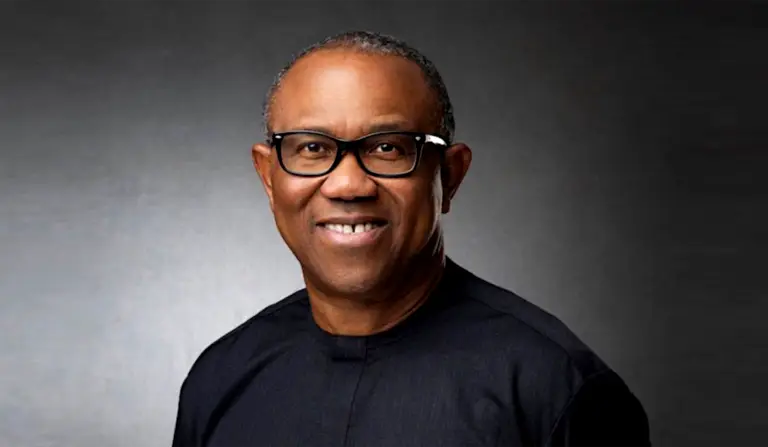


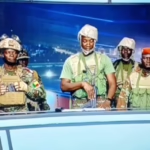
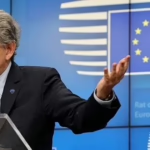
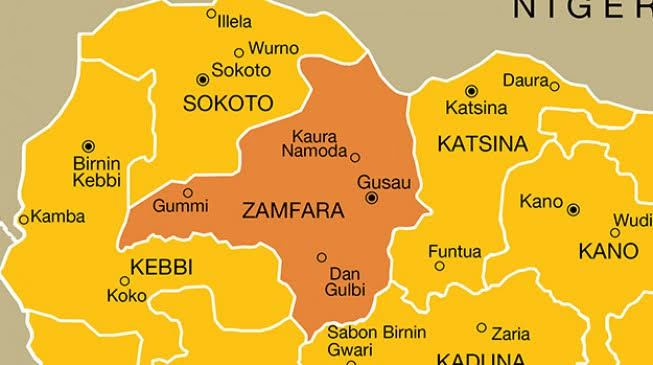

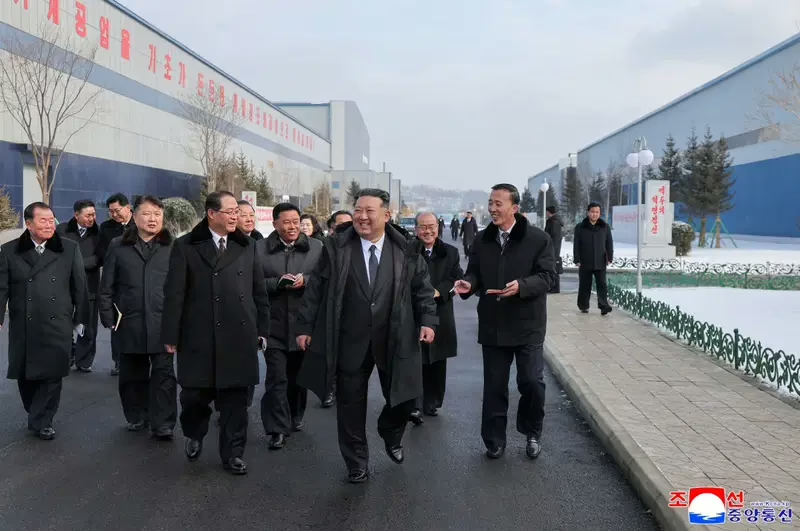
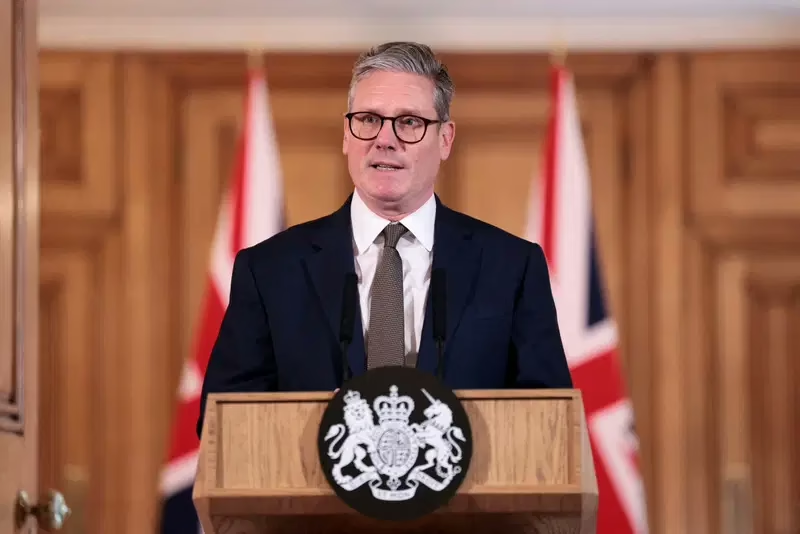
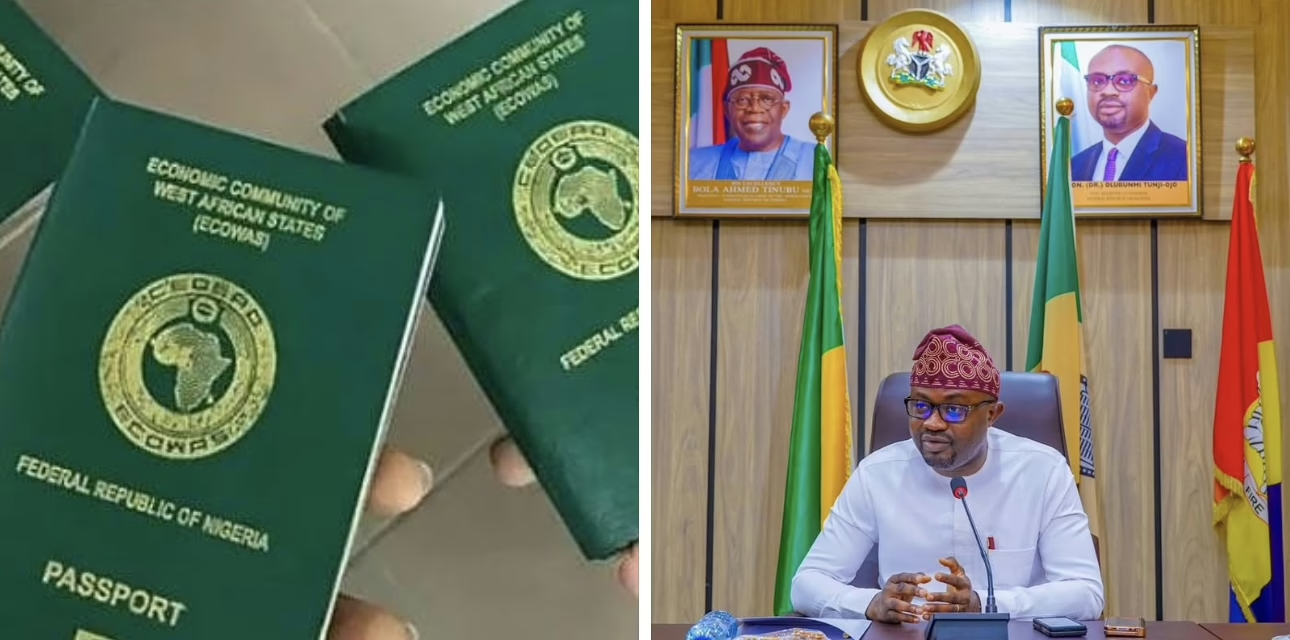

Leave a Reply